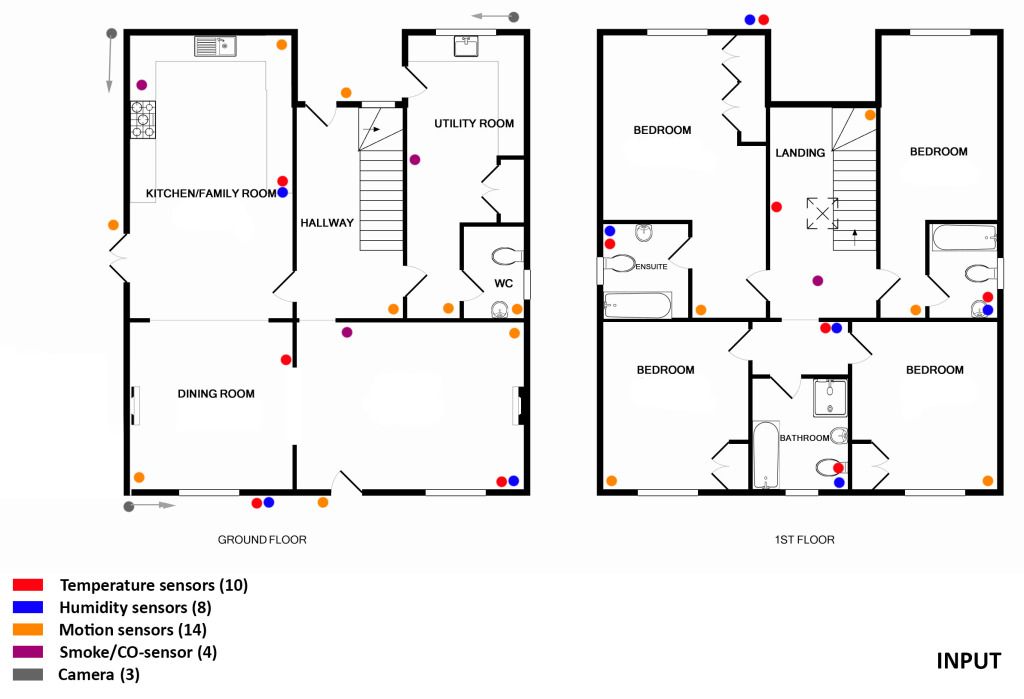Hello, I am a belgian final year student Civil Engineer-Architect (Master in building techniques)
I would like to develop an home automation system, but do not know if I
best work with Arduino, Raspberry Pi, OpenHAB or rather another system like
z-wave, nest,….
Anyhow I want my input to be efficient so I’ll
need many sensors, and the z-wave sensors for this are far too
expensive, via arduino/RPi/OpenHAB I could use cheaper sensors, and in principle the
thing I want to do is ‘If This Happens Then That’-principle, is this possible with openhab?
I programmed already earlier in arduino, but I like the fact of openhab that it’s connectible with the other brands
I’ll eplain a bit more my case I want to focus on:
With our insulation requirements for the government here in Europe becoming
more and more killing for a good architectural design, I want some more
freedom, the calculation of heat loss is always based on static data, I
was thinking to start a little project to reduce the heat loss in a home
through automation.
I would like therefore this applied to my own apartment.
I attached a small example of how the input should look like
For example:
Motion sensor can record the pattern of occupant and we can obtain optimum
operation of the heater with these values. The system registers that on a
business day the last person leaves the house at 8:30 am every morning,
and the first person returns home on Mon / Tue / Thu / Fri at 17h,
Wednesday at 16h.
The same principle with humidity sensors and humidity in bathrooms or air quality.
For output then we could get:
The
heating can therefore be off 80% of the day, and must be set to x
degrees when the first person returns home. Sensor detects that the last
person goes to sleep 22h30, so 21h45 the heating may be switched off
until morning.
When the last person has left in the morning, the
heating shuts off again, and windows may be opened by an automated rod
so that fresh air can enter, without the heater still turned on, and
therefore no heat is lost.
This is a further state, and I’ll probably need to start with only 1 sensor -> one action and expand it step by step,
But to do this i have to know what system is better for me to work this system out
If somewhere here in the forum or
anywhere else has already written such a small project is, do not
hesitate to share this moment here with me to let me go start. This is a
big issue here in Europe and it would be great if we could find good
programmable options to solve these problems.
Thanks for your answer!
Gratz Jonas

